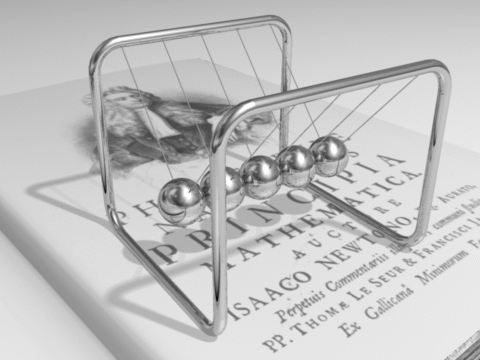The History of Physics
The study of physics was, at first, a study of philosophy and was known as "natural philosophy". As natural philosophy merged with the early studies of mathematics, we began to understand physics as we do today.
As far as we can tell, the first scientist to begin the study of physics was the Greek philosopher Thales (roughly 600-700 BCE) who refused to accept religious or mythological explanations for the things that he observed, and sought to find the natural, repeatable explanations for the phenomena he observed.
"Early physics"is typically defined as covering the study of physics up until the scientific revolution of the 17th century. During this period, progress in physics was being made all over the world.
The scientific revolution, which coincided with the protestant reformation and many other societal shifts, lead to a less philosophical study of physics and the scientific method as we know it today.
Greek Physics
Cecilia Hull
Physics 211 - Fall 2013
Image found at http://en.wikipedia.org/wiki/File:Newtons_cradle_animation_book_2.gif
